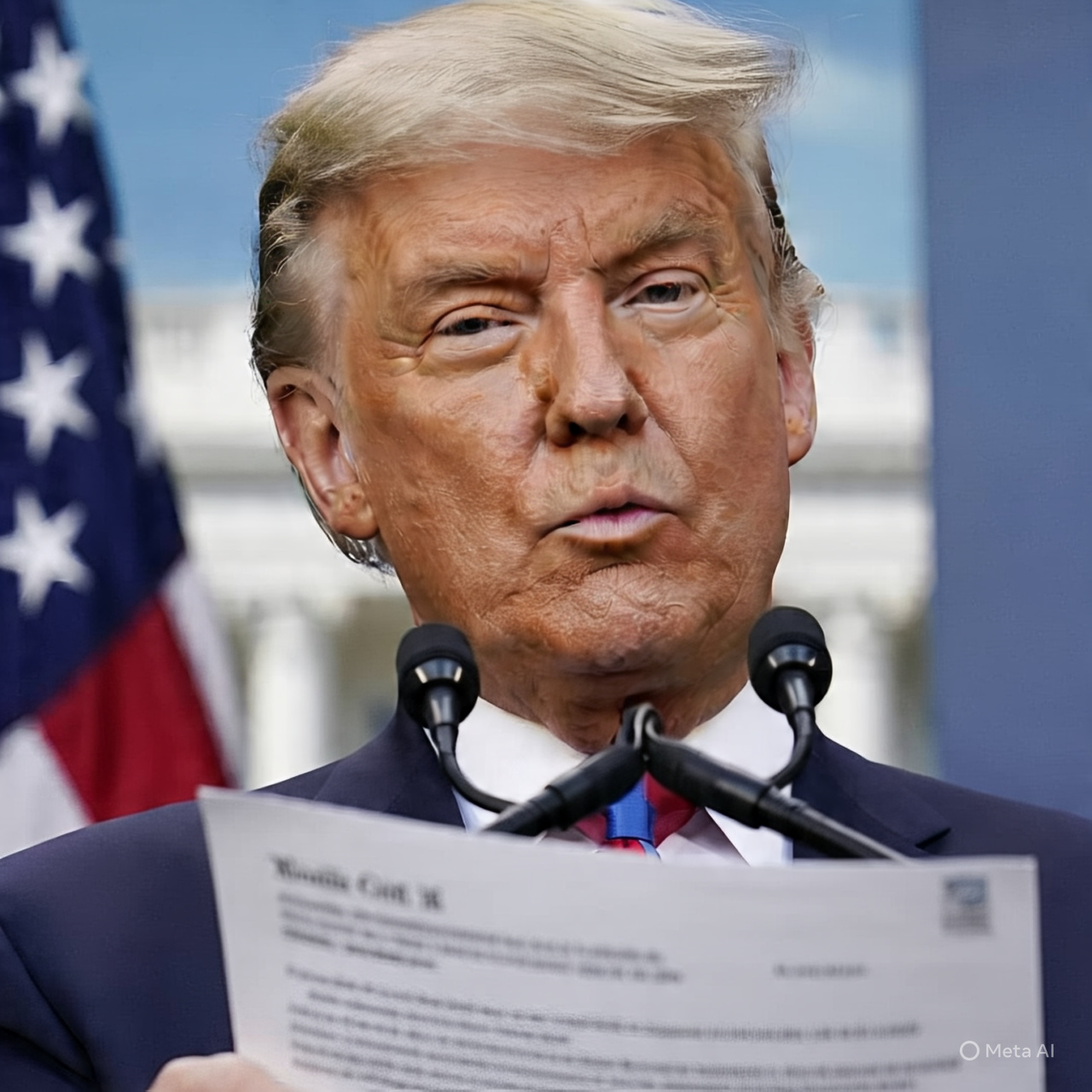
Trump Clashes with Supreme Court Over Immigration Ruling, Questions Judicial Authority
In the aftermath of the U.S. Supreme Court’s decision on May 16, 2025, to block the Trump administration’s expedited deportations of Venezuelan nationals under the 1798 Alien Enemies Act, former President Donald Trump has publicly challenged the judiciary’s authority over presidential actions. The Court’s 7-2 ruling emphasized the necessity of due process, mandating that detainees receive adequate notice and the opportunity to contest their deportations.
President Trump responded to the decision with a statement asserting that “The Courts, including the Supreme Court, don’t order the President around, obviously.” This remark reflects his ongoing contention that the executive branch holds supremacy in matters of national security and immigration enforcement.
Legal experts, however, underscore the constitutional principle of checks and balances, wherein the judiciary has the authority to review and, if necessary, restrain executive actions that may infringe upon individual rights or exceed legal boundaries. The Supreme Court’s intervention in this case serves as a reaffirmation of its role in upholding constitutional protections, even in the context of national security concerns.
The administration’s attempt to utilize the Alien Enemies Act—a law seldom invoked since World War II—to facilitate rapid deportations without standard legal procedures has sparked significant legal and public scrutiny. The Court’s decision mandates that the case be reviewed by the Fifth Circuit Court of Appeals to determine appropriate procedural safeguards for the affected individuals.
This development adds to a series of legal challenges faced by the Trump administration concerning its immigration policies, highlighting the ongoing tension between executive authority and judicial oversight in the United States’ constitutional framework.
